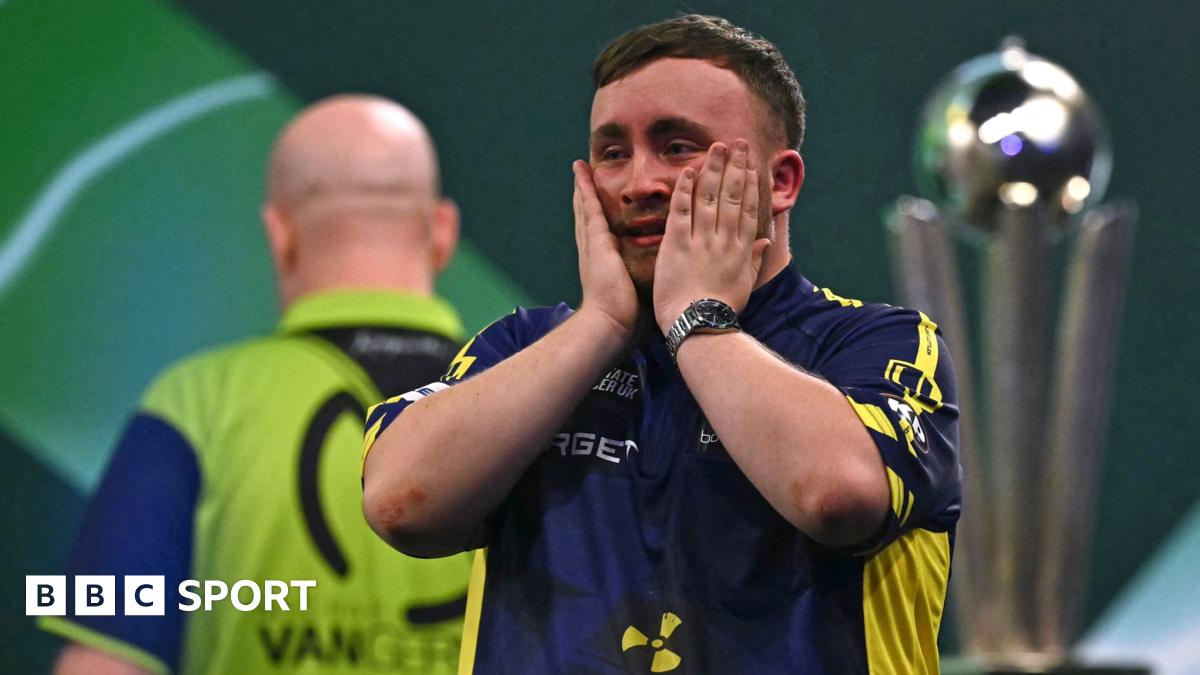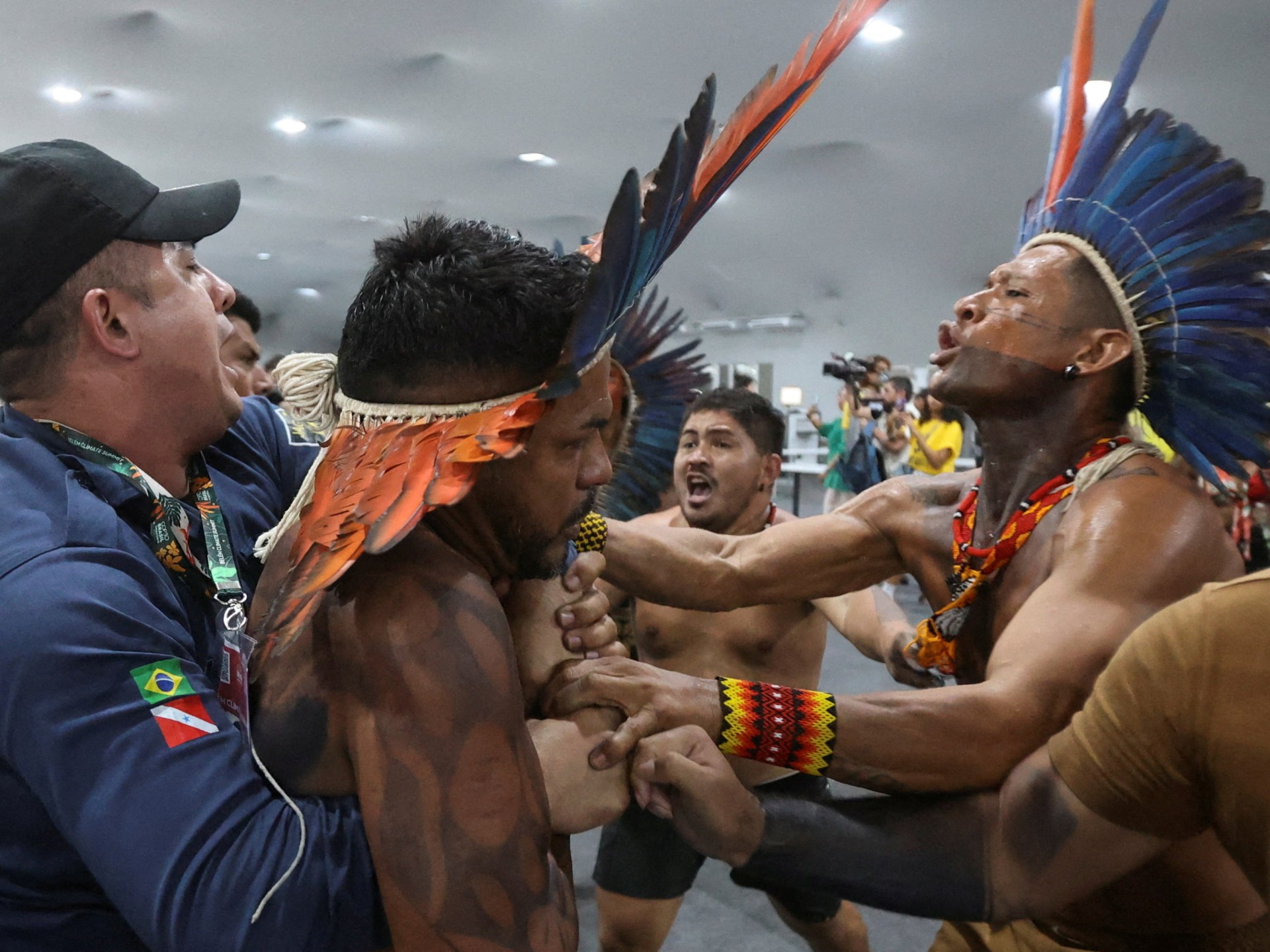About two weeks after 7 October, I received a WhatsApp message from an acquaintance in Gaza. He asked me to check on his mother, who at that time was hospitalised in East Jerusalem. He had been unable to contact her for several days. When I asked him for her details, he stopped replying.
A month ago, out of the blue, I got a message from him: “Hello Orly,” in Arabic. Excited, I asked how he was, where he was, and how his family were doing. The reply I received was: “Mahmoud was killed at the beginning of the war, this is his sister.” I wrote words of condolence and asked about her condition. I heard nothing more.
It is extremely hard to put into words the unprecedented hell these past two years have brought, but perhaps the single word that best captures their indescribable essence is this: disappearance.
It feels as if everything has vanished. Not only the tens of thousands of Palestinians in Gaza erased without graves, without records, as if they had never existed – so many other things have been hollowed out: basic conceptions of morality, decency, compassion, humanity, hope, future.
The organising logic of everyday life has vanished. Nothing makes sense, and it feels as though no one here even expects sense any more. A war whose declared aims were the return of hostages and the dismantling of Hamas has, under the cover of a vague promise of “total victory”, turned into full-scale genocide. Israeli society has embraced it – terrified and enthralled at once by a taboo finally permitted to be broken, and by the possibility of openly dreaming about the total disappearance of Palestinians.
Two years ago, days after the massacre of 7 October, I warned of revenge that would achieve nothing but yet more violence and suffering. I feared the unbridled Israeli response I knew would follow, but even in my worst nightmares I did not imagine it could amount to such systematic, calculated annihilation. I did not believe Israel would reach the point of starving people to death. I did not believe it would, on average, erase a classroom of children every single day for two whole years. Nor did I believe the world would permit Israel to do all this – a perverse, inverted antisemitism that effectively says: the rules of humanity do not apply to this Jewish collective.
Very abnormal things were normalised here in these two years. Debates erupted over whether the bloated-bellied Gazan children had truly died of starvation, or whether they had pre-existing conditions and therefore Israel had no hand in their deaths; the conversion of a hilltop lookout in the Israeli border town of Sderot into a popular tourist spot for Israelis who came to watch, with a grim pleasure, the mushrooming plumes of smoke over Gaza.
A dizzying cognitive dissonance gripped Israeli society: even after it became beyond doubt that destroying Gaza and its population would not bring the hostages back and in fact endangered them – as every released hostage testified – and even after it was proved that the only way to bring them back alive was through agreements and a ceasefire, it took a very long time before demonstrations for the hostages also included calls for an end to the war. And even then, almost no one dared speak of the crimes against humanity the Israeli army was committing, and there was no mass movement of conscientious objectors among soldiers refusing to take part in those crimes.
Since 7 October, the media, too, has disappeared, in the sense of what media ought to be. Apart from a few pockets at the margins, the Israeli press purposefully hid the horrors in Gaza so that throughout the war, a random citizen almost anywhere else in the world has known more about what has been happening in the strip than the average Israeli. And even when images circulated on social media, people lacked the most basic tools to understand what they were seeing. Thus, while the world recoiled at Israel’s starvation of Gaza and the indiscriminate slaughter of civilians, in Israel the state was lauded for its generosity in allowing any aid trucks into “the enemy” during wartime.
The Jewish opposition disappeared as well. Politicians who had built whole careers on opposing Benjamin Netanyahu closed ranks behind him when it came to the eradication of Palestinians in Gaza, and to every dangerous and senseless Israeli strike on a series of states across the Middle East. This madness reached its apex in the opposition’s enthusiastic support for bombing a Hamas delegation in Doha – a delegation meant to negotiate the fate of Israeli hostages in Gaza – even as each of these politicians wore on their lapels a pin professing solidarity with the hostages for two long years. Any real opposition to the war was brutally silenced from day one by the police, under Itamar Ben-Gvir’s command. Palestinian leaders were arrested simply for intending to hold rallies against the war. Hundreds of Arab citizens were detained or removed from their jobs for showing solidarity with Gaza’s residents.
Jews who opposed the war were vilified as traitorous and as “self-hating Jews”, including by former peace-camp partners. With a broken heart I watched those former comrades “come to their senses” after 7 October and foster violent, hateful discourse against Palestinians in Gaza, Palestinians as a whole and Islam. Here is another thing that disappeared in these two years: so many personal bonds, including with close friends and immediate family members.
after newsletter promotion
On a visit to the Hiroshima Peace Memorial Museum a few weeks ago, I was struck by how familiar the photos looked, although in terms of devastation, Gaza looks far worse than Hiroshima after the atomic bomb – which did not pulverise kilometres of standing structure. In Hiroshima, the bomb took between 90,000 and 140,000 lives. In Gaza, some estimates already top 100,000, and the final figure when the dust settles will be unknown.
One photograph especially caught my eye at the museum: Human Shadow Etched in Stone, the shadow of a person who was apparently sitting at the entrance to a bank when the bomb dropped, the only thing left being the imprint of their shadow on the steps. Perhaps that is always what great horrors become: the absence they leave behind. So in Gaza, and in a deeply different way, so in Israel too.
I do not know if, or what, will grow out of the void created by two years of destruction and death that are not yet over. It is too early to tell. One thing can be said: no growth is possible until we look into that void, that absence, that abyss, and internalise its dimensions and bring this madness to an end.
-
Orly Noy is a journalist and editor at the Hebrew-language news magazine Local Call
-
Do you have an opinion on the issues raised in this article? If you would like to submit a response of up to 300 words by email to be considered for publication in our letters section, please click here.


